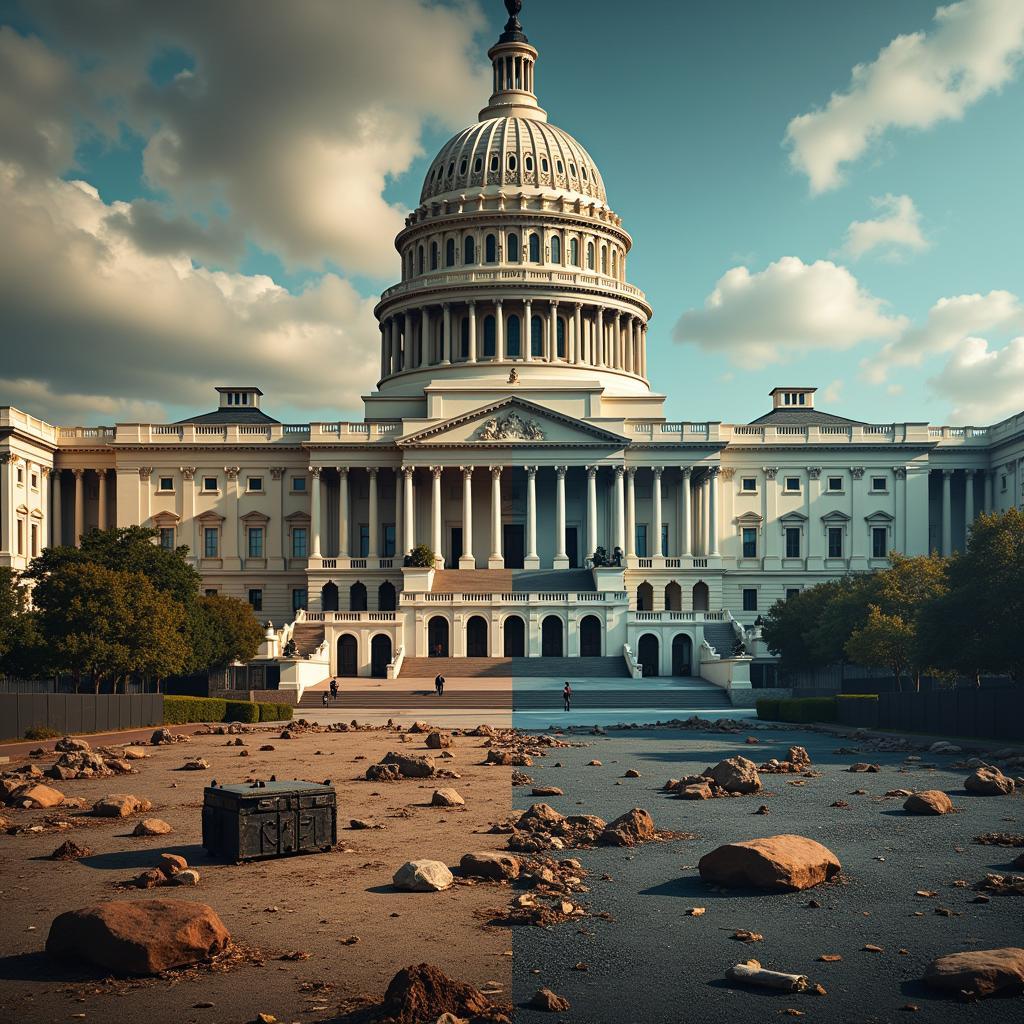Suzanne Collins’s dystopian trilogy, The Hunger Games, captivated readers worldwide with its gripping narrative of survival, rebellion, and the human cost of oppression. While set in the fictional nation of Panem, the story resonates deeply with contemporary society, exposing uncomfortable parallels that spark reflection and discussion. But how does The Hunger Games relate to today’s society specifically? Let’s delve into the thematic connections that bridge fiction and reality.
The Stark Divide Between Rich and Poor
 The Hunger Games: Wealth Disparity – The opulent Capitol versus impoverished Districts
The Hunger Games: Wealth Disparity – The opulent Capitol versus impoverished Districts
One of the most striking similarities between Panem and our world is the gaping chasm between the haves and the have-nots. The opulent Capitol, with its extravagant lifestyle and abundance of resources, stands in stark contrast to the impoverished Districts struggling for survival. This disparity in wealth, resources, and opportunity is a grim reflection of the global economic landscape, where a privileged few hold a disproportionate amount of power and wealth, leaving billions struggling in poverty.
The Power of Media Manipulation
The Capitol’s iron grip on Panem relies heavily on its ability to control the narrative through pervasive propaganda and media manipulation. By carefully curating what information reaches the Districts, the Capitol maintains its power by shaping public perception and suppressing dissent. Similarly, in our digital age, the media landscape, while more diverse, is still susceptible to manipulation and bias. From carefully crafted social media posts to biased news coverage, the potential for manipulating public opinion and influencing behavior remains a significant concern.
The Human Cost of Oppression and Inequality
The Hunger Games themselves are a brutal manifestation of the Capitol’s oppression. These televised spectacles, where children are forced to fight to the death, are designed to entertain the Capitol’s citizens and remind the Districts of their subjugation. This chilling depiction of state-sanctioned violence and dehumanization finds echoes in real-world conflicts and human rights abuses. From authoritarian regimes to systemic discrimination, the suppression of individual freedoms and the disregard for human dignity continue to plague our world.
The Seeds of Rebellion and the Fight for Justice
Despite the oppressive conditions, the human spirit endures, and the seeds of rebellion are sown. Katniss Everdeen, the story’s protagonist, becomes a symbol of hope and resistance, inspiring others to challenge the Capitol’s authority. Her courage resonates with the countless individuals and movements fighting for social justice, equality, and human rights worldwide. From peaceful protests to online activism, the fight for a more just and equitable world continues.
The Importance of Critical Thinking and Empathy
The Hunger Games serves as a cautionary tale, urging us to question the narratives presented to us and to cultivate empathy for those who are marginalized and oppressed. Just as the Capitol’s citizens are complicit in the Games through their indifference and consumption of spectacle, we must be mindful of our own roles in perpetuating systems of inequality. By engaging in critical thinking, challenging injustice, and advocating for those whose voices are silenced, we can strive to create a more compassionate and equitable world.
Conclusion
The Hunger Games, while a work of fiction, offers a chilling reflection of our own society. By highlighting issues like economic inequality, media manipulation, and the human cost of oppression, the story compels us to confront uncomfortable truths and work towards a more just and equitable future. As we navigate the complexities of the 21st century, the lessons embedded within The Hunger Games serve as a stark reminder of the importance of vigilance, empathy, and active participation in shaping a world where everyone has the opportunity to thrive.